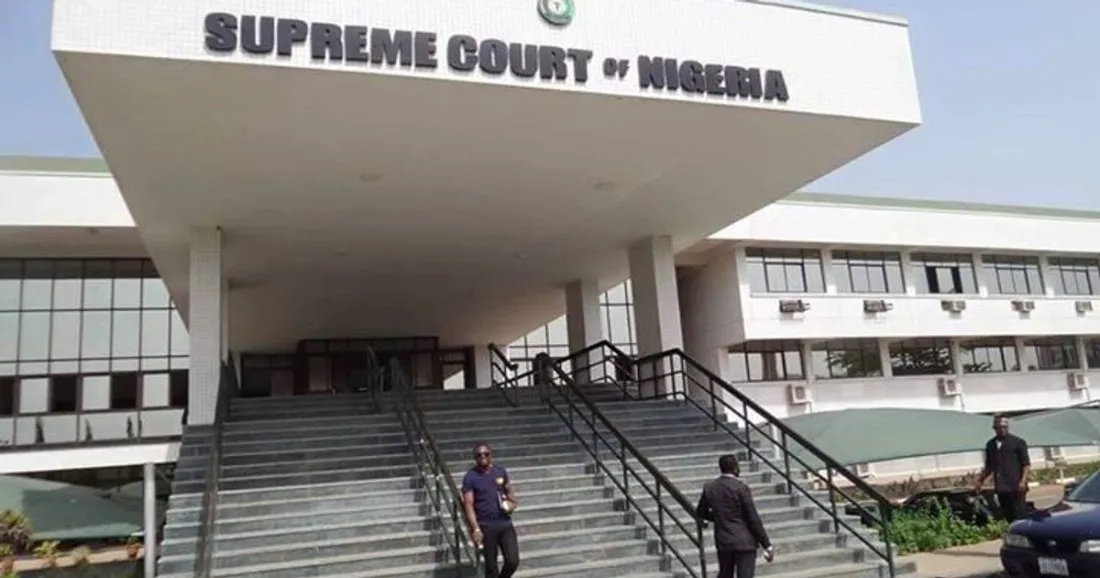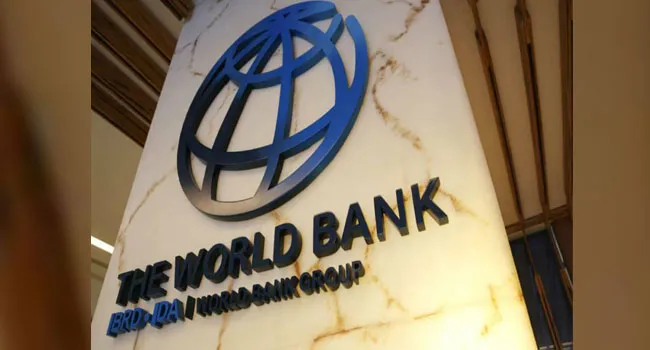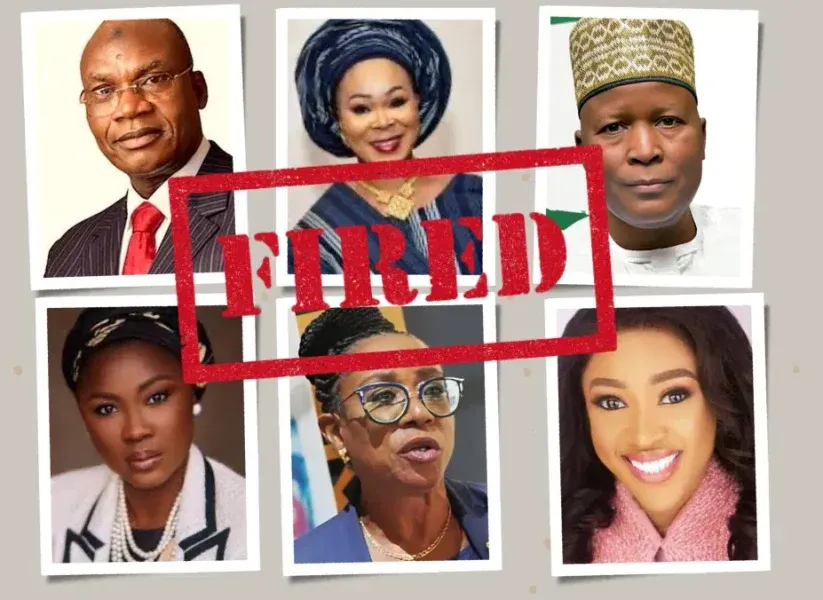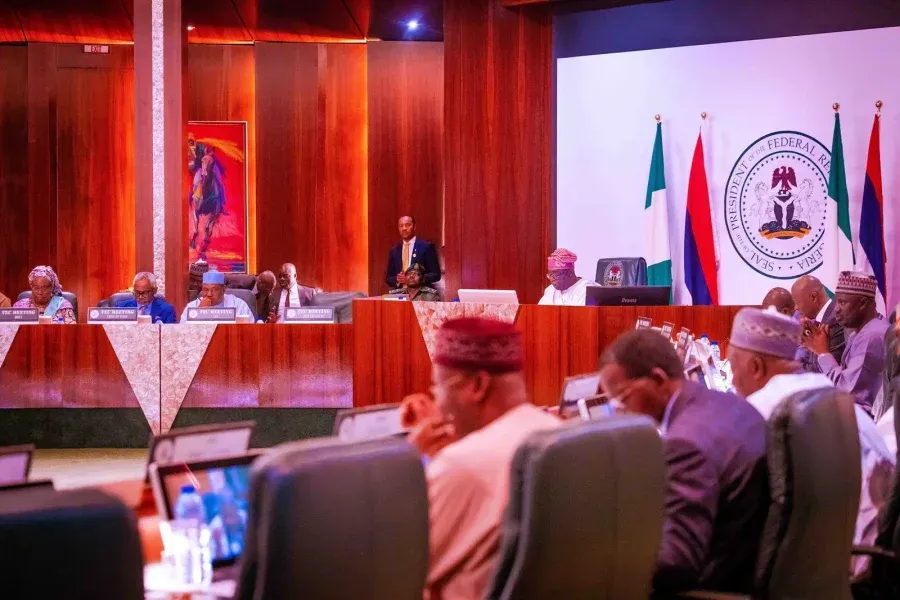The Supreme Court has scheduled a hearing for October 22 regarding a lawsuit filed by at least 16 state governments contesting the constitutionality of laws establishing the Economic and Financial Crimes Commission (EFCC) and other related bodies. A seven-member panel led by Justice Uwani Abba-Aji made the announcement after the states were joined as co-plaintiffs in a suit initially brought by the Kogi State government.
The suit, marked SC/CV/178/2023, includes states such as Ondo, Edo, Oyo, Ogun, Nassarawa, Kebbi, Katsina, Sokoto, Jigawa, Enugu, Benue, Anambra, Plateau, Cross-River, and Niger. The plaintiffs assert that the constitution is the highest law, rendering any inconsistent laws null and void.
In their arguments, the states referenced a prior Supreme Court ruling in Dr. Joseph Nwobike vs. Federal Republic of Nigeria, which clarified that the EFCC Establishment Act was derived from a UN Convention against corruption. They contend that the enactment of this law in 2004 did not adhere to the requirements of Section 12 of the 1999 Constitution, which necessitates the approval of a majority of state Houses of Assembly before incorporating such conventions into Nigerian law.
The states maintain that since the necessary legislative approval was not obtained, the law cannot be applied to states that did not consent to it. They argue that any institution created under such circumstances should be deemed illegal.
During the hearing on Tuesday, legal representatives for the states made submissions, with some seeking to be added as co-plaintiffs while others requested the consolidation of their cases. Kogi State’s Attorney General, Abdulwahab Mohammed, SAN, informed the court of the interest expressed by several states in joining the case.
Justice Abba-Aji granted the requests for consolidation and co-plaintiff status, directing those seeking to join to adhere to the existing legal processes. The case will proceed with a hearing on October 22.
In the original suit, Kogi State’s Attorney General has sued the Attorney General of the Federation as the sole defendant, raising several questions and seeking various declarations, including that the federal government, through the Nigerian Financial Intelligence Unit (NFIU), lacks authority over state funds. The state is also challenging the powers of the EFCC and other federal agencies concerning the administration and management of state funds.





